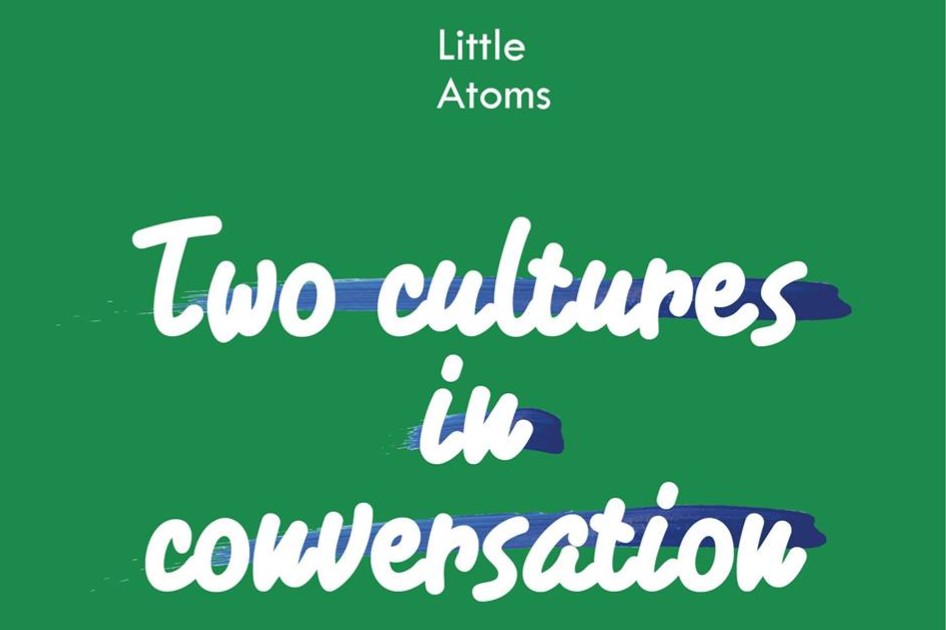 The first of Little Atoms' Two Cultures autumn events series takes place at Waterstones flagship store in Piccadilly, London, on Wednesday, 14 September at 6.30pm.
The first of Little Atoms' Two Cultures autumn events series takes place at Waterstones flagship store in Piccadilly, London, on Wednesday, 14 September at 6.30pm.
Join poet Simon Barraclough, whose series Sunspots is the culmination of four years of writing, travelling, researching and obsessing over the Sun, and Lucie Green, author of 15 Million Degrees: journey to the centre of the Sun, and Professor of Physics and Royal Society University Research Fellow based at the Mullard Space Science Laboratory, UCL’s Department of Space and Climate Physics.
With performance, presentation, music and discussion, Lucie and Simon will look at different ways of understanding "a thing so simple a thing as a star".
Tickets £5 (redeemable against book purchases, plus wine). Available in store, by telephone 020 7851 2400 or by email piccadilly@waterstones.com.
For press inquiries contact editorial@89up.org